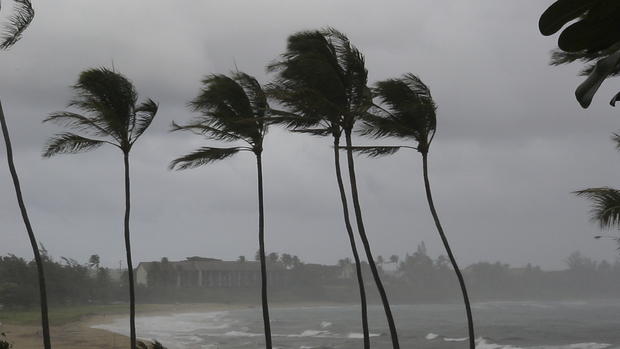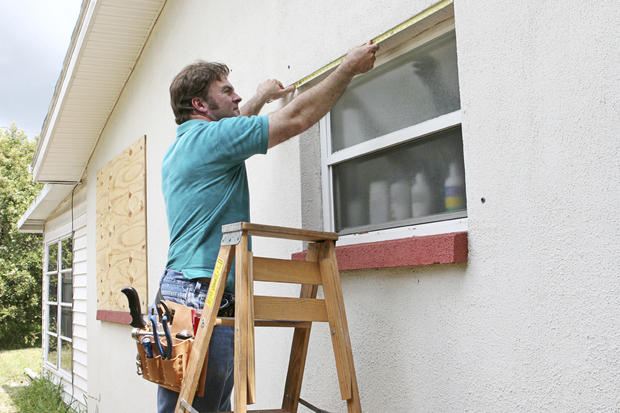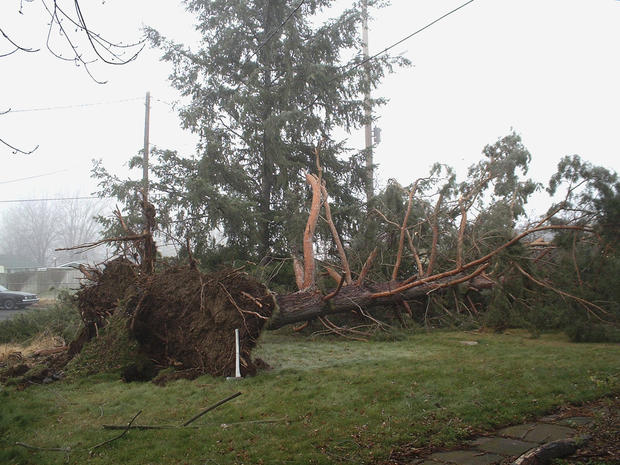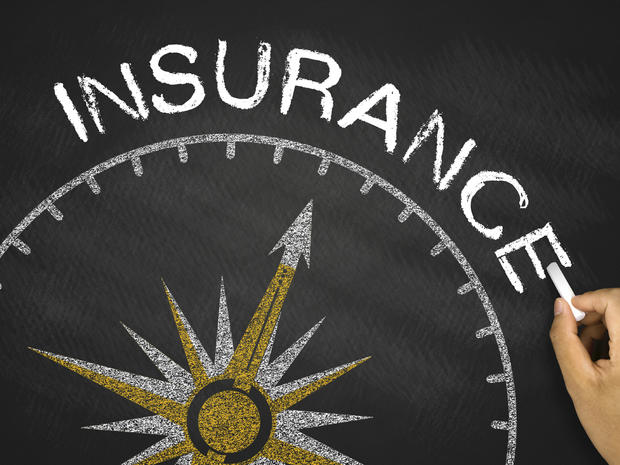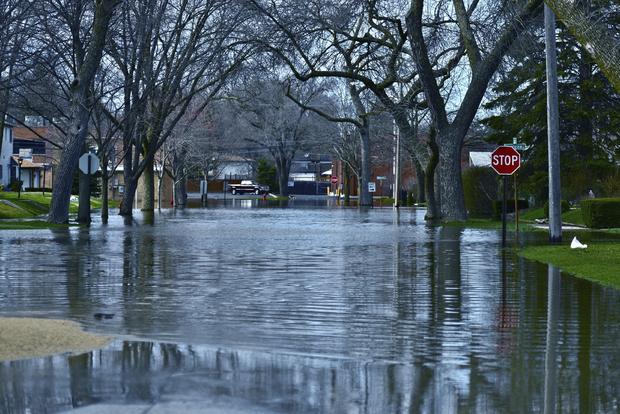6 ways to ready your home for hurricane season
By Marilyn Lewis/MoneyTalksNews
Monday marked the beginning of the six-month Atlantic hurricane season. It started even earlier in the Eastern Pacific, running from May 15 through November.
Hurricanes make a vivid splash when the big ones hit the national news. But if you live in hurricane country, preparing your home and property isn't a one-time exercise.
The 2015 hurricane season is likely to be an exceptionally mild one, experts say. But it takes just one storm to severely damage an unprotected home and turn your life upside down.
Getting your home ready takes time and money, and is best done in advance. Start now and chip away at it in whatever way you can, even if you cannot get it all done in one year. Then, gradually add improvements annually.
The work you do to harden your home, safety-proof your landscaping and improve your insurance coverage will make your family more secure this season, and in years to come.
Click ahead for six steps you should take to prepare your home for the hurricane season.
Storm-guard your home
You can take several steps to fortify your home against the nasty winds hurricanes generate. Some of these moves are relatively easy to complete. For example, clean out your gutters and make any needed repairs. Also, have a plan for moving outdoor furnishings out of the wind and into your home.
Also, consider purchasing a generator in case the power goes out. Learn how to turn off the electricity and gas or propane.
Other preparations are likely to take more time. They include:
- Strap down the roof. Use hurricane straps or clips to fasten your home's roof to the frame of the house, reducing roof damage. The state of Florida's Division of Emergency Management offers extensive information and instructions on securing and retrofitting homes against hurricanes.
- Put head and foot bolts on entry doors. Give doors extra protection against the wind by installing bolts at the top and bottom. The National Oceanic and Atmospheric Administration shows how to do this.
- Buy or make window covers or storm shutters. Purchase commercially made storm shutters, or cut window covers to fit each individual window that are made from exterior grade or marine plywood that's at least five-eighths of an inch thick. Use heavier, reinforced plywood on big pieces of glass, like sliding doors.
- Caulk around doors and windows. Wind-driven rain can cause moisture damage in your home, even when the structure remains intact.
- Protect attached structures. Make sure carports, porches and decks, entry canopies, and sheds are sound and firmly attached.
- Test sump pumps and drains. Test drains and sump pumps to be sure they're working well. Keep fresh backup batteries on hand.
Safety-proof your landscaping
Plants, trees and other landscaping elements also are vulnerable to a hurricane's fury. Take these steps to protect your landscaping:
- Trim trees and shrubs. This helps them better resist the wind, saving the plants and also reducing the chances of damage from falling or windblown limbs.
- Replace gravel with shredded bark. When it's time to refresh your gravel paths or drive, consider replacing gravel with bark, because windblown gravel can damage structures.
- Hire an arborist. Get a professional to assess the health of trees near your home. Remove any that are likely to come down in the wind. Crashing trees can badly damage a home or car.
- Tie down small trees and shrubs. This helps prevent uprooting.
Assess your wind insurance coverage
Home insurance policies vary a great deal. Depending on where you live, standard homeowners insurance may or may not cover wind damage. If not, you may need to purchase a separate wind policy.
Call your insurance agent or broker to find out if your insurance coverage is adequate. Don't wait until a storm is approaching and the company is overwhelmed. You'll need time to weigh the options, costs and coverage you need.
Decide if you need flood insurance
Homeowners insurance does not cover flooding. You must buy separate, government-backed insurance. It's available if your community participates in the National Flood Insurance Program. Check your community's status here.
If your home is in a flood zone, you are required to buy flood insurance. But you may need it even outside designated flood zones. Learn more and see flood zone maps at FloodSmart.gov.
According to Nolo.com, "If you buy a home in a designated high-risk flood zone and get a mortgage loan from a federally regulated or insured lender, your lender must require that you purchase flood insurance."
"If you live in a zone that's been designated moderate- or low-risk, you don't need to buy flood insurance for your lender's sake -- but you may want to do so anyway, especially if your own observations indicate that the official designations on your area are out of date (a common problem)."
Ask your insurance agent or broker to help you learn where to buy flood insurance. Or locate an agent through the National Flood Insurance Program. Do it now, as most homeowners face a waiting period before coverage kicks in.
Inventory your home and possessions
Document the contents of your home and the home itself, inside and out. The easiest way to do this is to shoot video or still photos. Take pictures from every angle, including close-ups and shots that pull back to show the big picture.
If you make an insurance claim, you'll want this evidence to support the claim and recover the maximum amount.
Another option is to create an inventory of your possessions that includes an appraised or estimated value for the most expensive items. The Insurance Information Institute has instructions and a free tool for making an inventory.
Remember to send the inventory, photos or video to your insurance agent. Or store it, along with important documents, in the cloud or somewhere else safe from a hurricane.
Get trustworthy advice
Insurance can be complex. Make sure you have an agent or broker whom you trust and a company that offers good value.
A good independent insurance broker can find the best coverage at the lowest price by comparing products from several companies. Whether you use a broker or a company agent, look for respectful, readily available customer service and professionals who take the time to answer your questions and explain the reasons behind their recommendations.
If you'd rather find your own insurance, you'll find plenty of quotes and opportunities to buy policies online.
Whichever approach you like best, do some research to make sure you are dealing with a quality company. (Find out more in the article "Ask Stacy: How Do You Gauge Insurance Company Quality.") Call your state's insurance commissioner, or visit the commissioner's website (find yours on this map) to check consumer complaints against insurers.
